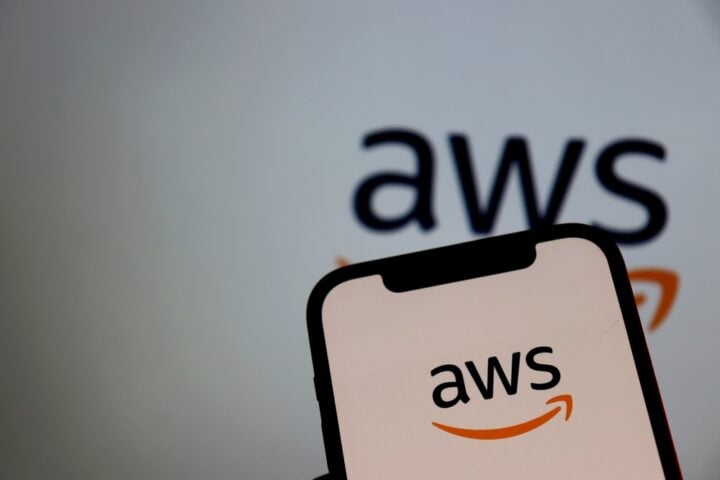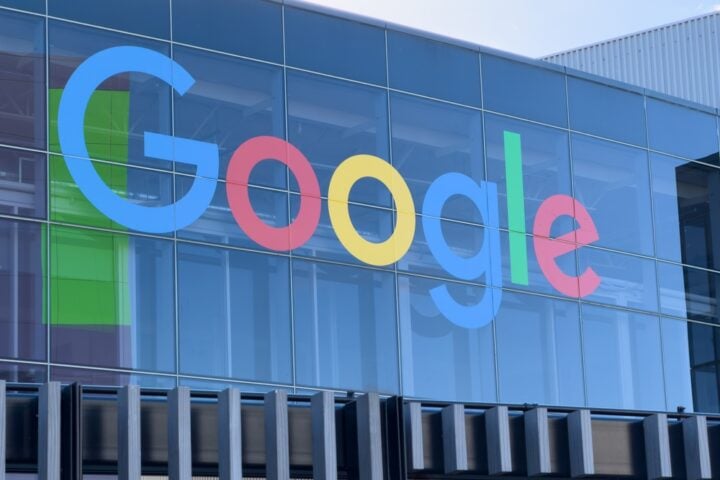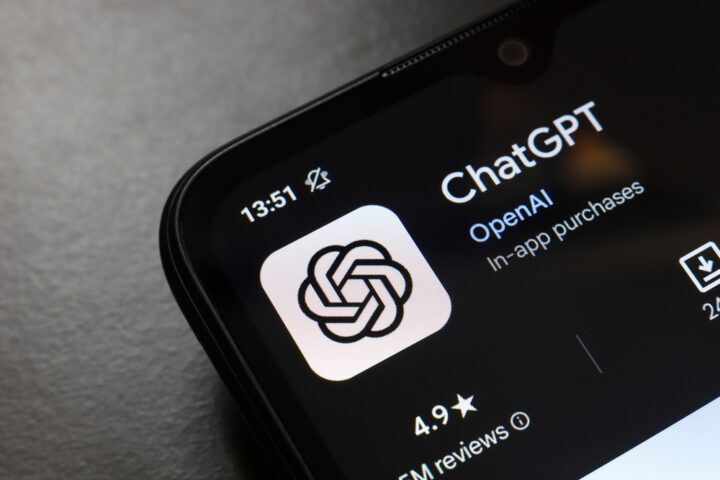In just a few years, generative AI has evolved from a novelty to a critical business tool, transforming industries and sparking intense debate among leaders. As of 2024, nearly two-thirds of organizations have embraced generative AI for tasks such as automating customer service, analyzing data, and streamlining operations, according to McKinsey. This marks a doubling of its adoption rate compared to 2023.
While Goldman Sachs projects AI could boost global GDP by $7 trillion in the next decade, business leaders remain divided over its benefits, risks, and pace of innovation. Here’s what CEOs, billionaire investors, and tech pioneers had to say about AI this year.
AI: A Revolution on Par with the Printing Press
Jamie Dimon, CEO and chairman of JPMorgan Chase, likened AI’s potential to historical game-changers like the printing press and electricity. In his annual letter to shareholders, Dimon wrote, “We are completely convinced the consequences will be extraordinary and possibly as transformational as some of the major technological inventions of the past several hundred years.”
Under Dimon’s leadership, JPMorgan has integrated AI into its operations for over a decade, employing 2,000 AI and machine learning experts in areas such as marketing, fraud prevention, and risk management.
Similarly, Bill Gates, co-founder of Microsoft, predicted that AI “will utterly change how we live our lives, online and off,” in a November blog post.
AI’s Growth: Incremental, Not Explosive
Despite its rapid adoption, some leaders believe generative AI is entering a phase of slower, incremental growth.
Sundar Pichai, CEO of Google, stated at the New York Times’ DealBook Summit that the “low-hanging fruit is gone.” He noted that while models like ChatGPT are improving in reasoning and reliability, the next wave of breakthroughs will require deeper innovation and time.
Microsoft CEO Satya Nadella echoed this sentiment, comparing AI’s development to the early days of the Industrial Revolution. He urged businesses to adopt AI now, even as its long-term benefits are yet to fully materialize. “AI’s greatest value lies in boosting productivity and preparing industries for more advanced uses in the future,” Nadella said.
Ethical Concerns: A Genie Out of the Bottle
For some business leaders, AI’s rapid advancement raises significant ethical concerns.
Warren Buffett, CEO of Berkshire Hathaway, likened AI to the development of the atomic bomb, calling it a powerful “genie” that can’t be fully contained. At the Berkshire Hathaway annual meeting, he warned, “We may wish we’d never seen that genie, or it may do wonderful things.”
Buffett highlighted AI’s potential for scams, recounting an incident where an AI-generated version of himself appeared online. “I practically would send money to myself over in some crazy country,” he joked.
Billionaire investor Mark Cuban was also cautious, arguing that generative AI, reliant on vast text datasets, struggles with real-world problem-solving. “Wisdom doesn’t come with text,” Cuban said, emphasizing AI’s lack of contextual understanding and intuition.
However, Cuban stressed the importance of U.S. investment in AI, warning, “Our military dominance, our place in the world depends on our ability to invest in AI. Period. End of story.”
AI’s Future: A Balancing Act
Generative AI’s adoption has skyrocketed, but the challenges it presents—ranging from ethical dilemmas to slower innovation—suggest a long road ahead. Business leaders agree on one thing: AI is reshaping the world, and its full potential is yet to be unlocked.







